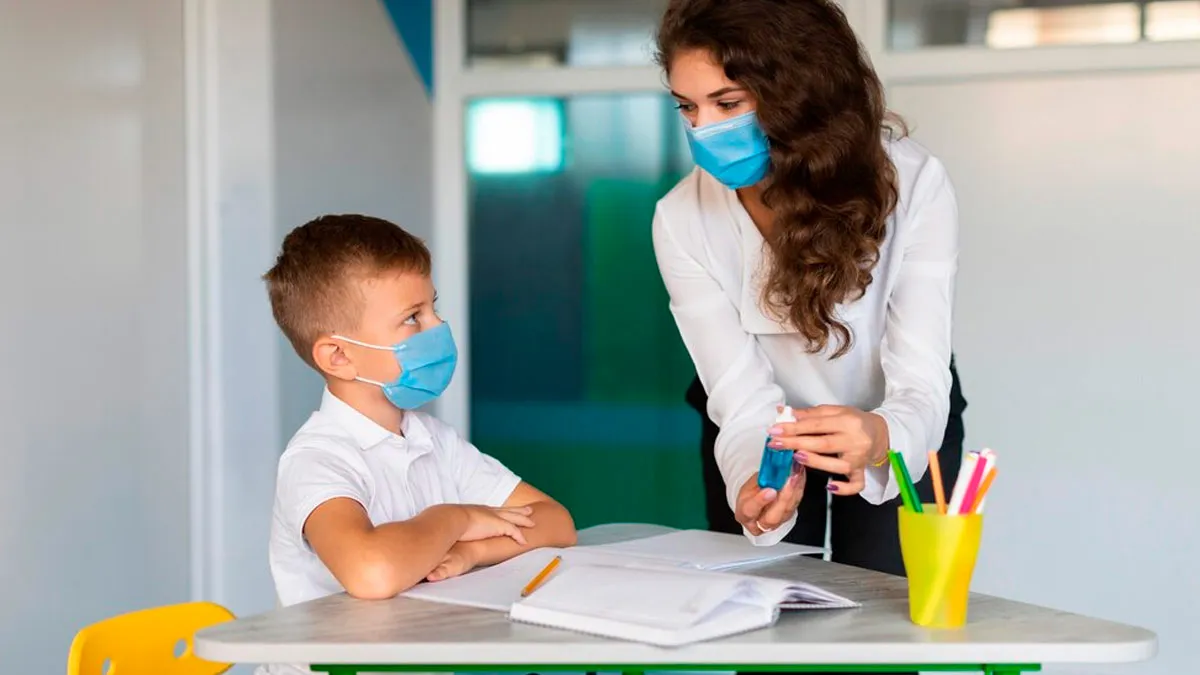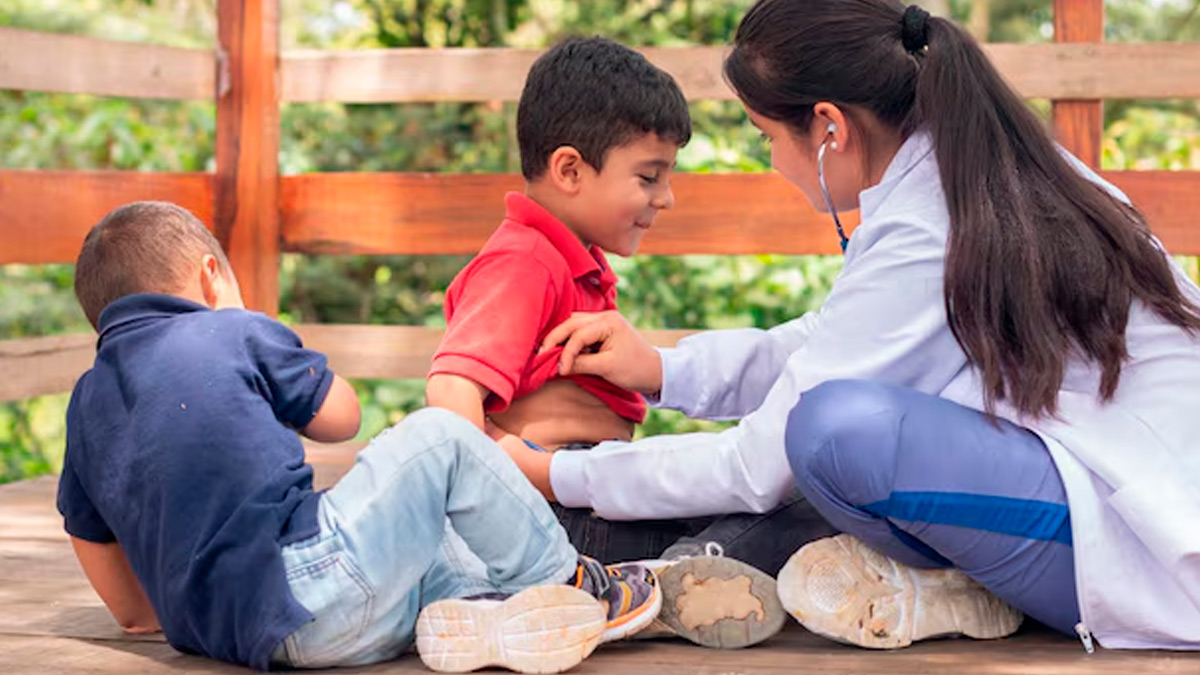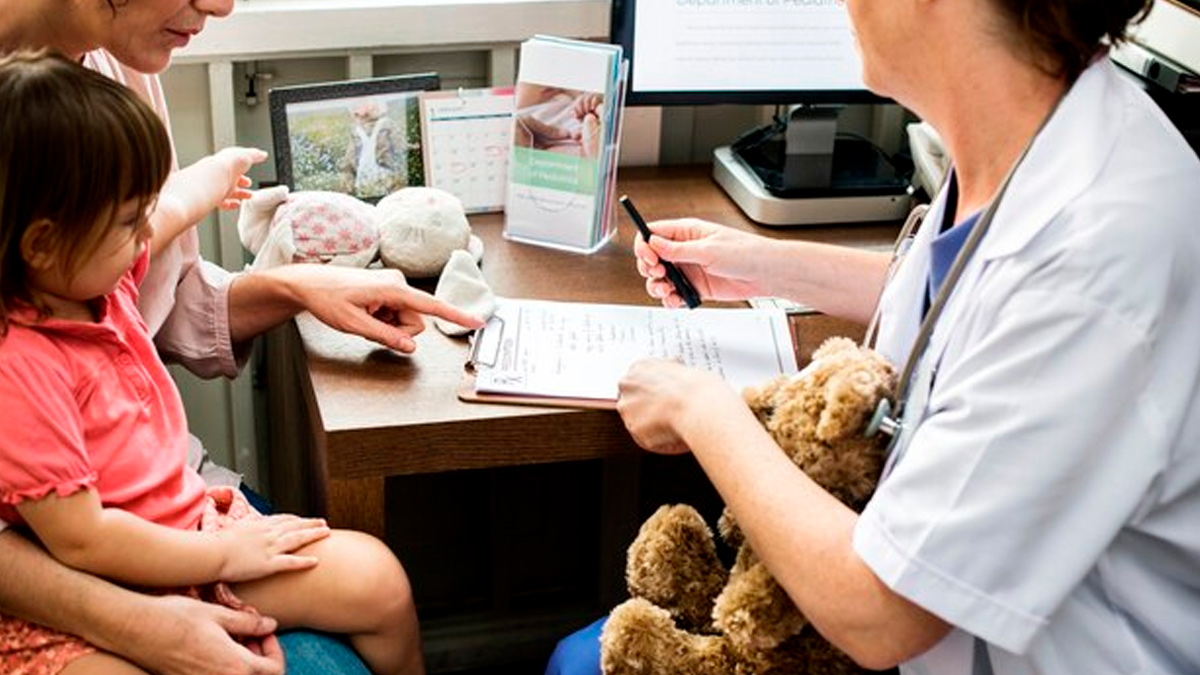
Children, with their developing immune systems, are more susceptible to illnesses. They are more likely to come into contact with germs, increasing their risk of infections. For parents, this means being extra vigilant about their child’s health, particularly when it comes to nutrition, vaccinations, and regular health check-ups. Starting these practices early, ideally before children begin schooling, can offer significant benefits.
Table of Content:-
Schools and childcare facilities can become hotspots for infections. While keeping children away from education is not an option, proper steps like routine health screenings and timely vaccinations can help safeguard their well-being. Speaking with the OnlyMyHealth team, Dr Ajay Shah, Managing Director of Neuberg Ajay Shah Laboratory, shared insights on necessary pre-school health screenings and additional measures parents can take to protect their children.
Also Read: Neurological Disorders in Children: Pediatric Neurologist Shares Common Conditions To Watch Out For
Common Pre-School Health Screenings For Children

Before starting preschool, children should undergo:
- Vision screening: To detect issues like lazy eye or refractive errors that can impact learning.
- Hearing screening: To identify hearing loss, which can affect language and social development.
- Dental checkup: To ensure oral health and prevent cavities that may cause pain or distraction.
- Nutritional assessment: To check for deficiencies and ensure proper growth and development.
- Developmental and behavioural screening: To evaluate milestones and identify potential delays or concerns early.
According to Dr Shah, hearing and vision are critical for early learning and development. Hearing problems can delay speech and language skills, while vision issues can affect reading, writing, and overall academic performance. This is why early detection and treatment of these issues help ensure that the child can fully engage in classroom activities and social interactions, supporting overall cognitive and emotional development.
In general, all of these screenings help identify and address potential health issues, ensuring the child is ready to learn and thrive in a school environment.
Vaccinations And Booster Shots To Consider Before Your Child Starts School

According to the World Health Organization (WHO), there are now vaccines to prevent more than 20 life-threatening diseases. "Immunisation currently prevents 3.5 million to 5 million deaths every year from diseases like diphtheria, tetanus, pertussis, influenza, and measles," the global health body shares.
Childhood vaccines save an estimated 20-30 lakh lives annually and have significantly reduced global infant mortality rates, from 65 deaths per 1,000 live births in 1990 to 29 in 2018, according to a study in Human Vaccines & Immunotherapeutics.
Dr Shah says, "Most schools require children to be up-to-date on vaccinations to protect against preventable diseases. Commonly recommended vaccines include:
- Measles, Mumps, and Rubella (MMR)
- Diphtheria, Tetanus, and Pertussis (DTaP)
- Polio (IPV)
- Hepatitis B
- Varicella (Chickenpox)
- Influenza (seasonal flu)
Vaccines are a highly cost-effective method for reducing childhood diseases compared to interventions like clean water and sanitation, which require extensive resources.
Also Read: Back Pain In Children: Here Are Some Signs That You Need To Worry About
What’s Important?

While regular health screenings and timely vaccinations are crucial for protecting children’s health, particularly before they start school, the importance of consistent follow-up check-ups is integral.
- Follow-up screenings depend on the condition identified. For instance:
- Vision or hearing issues may require evaluations every 6–12 months.
- Nutritional deficiencies might need monthly or quarterly follow-ups until resolved.
- Developmental delays often involve regular assessments and therapy sessions.
Dr Shah advises parents to work with healthcare providers to create a tailored follow-up schedule based on their child’s specific needs.
Also watch this video
How we keep this article up to date:
We work with experts and keep a close eye on the latest in health and wellness. Whenever there is a new research or helpful information, we update our articles with accurate and useful advice.
Current Version